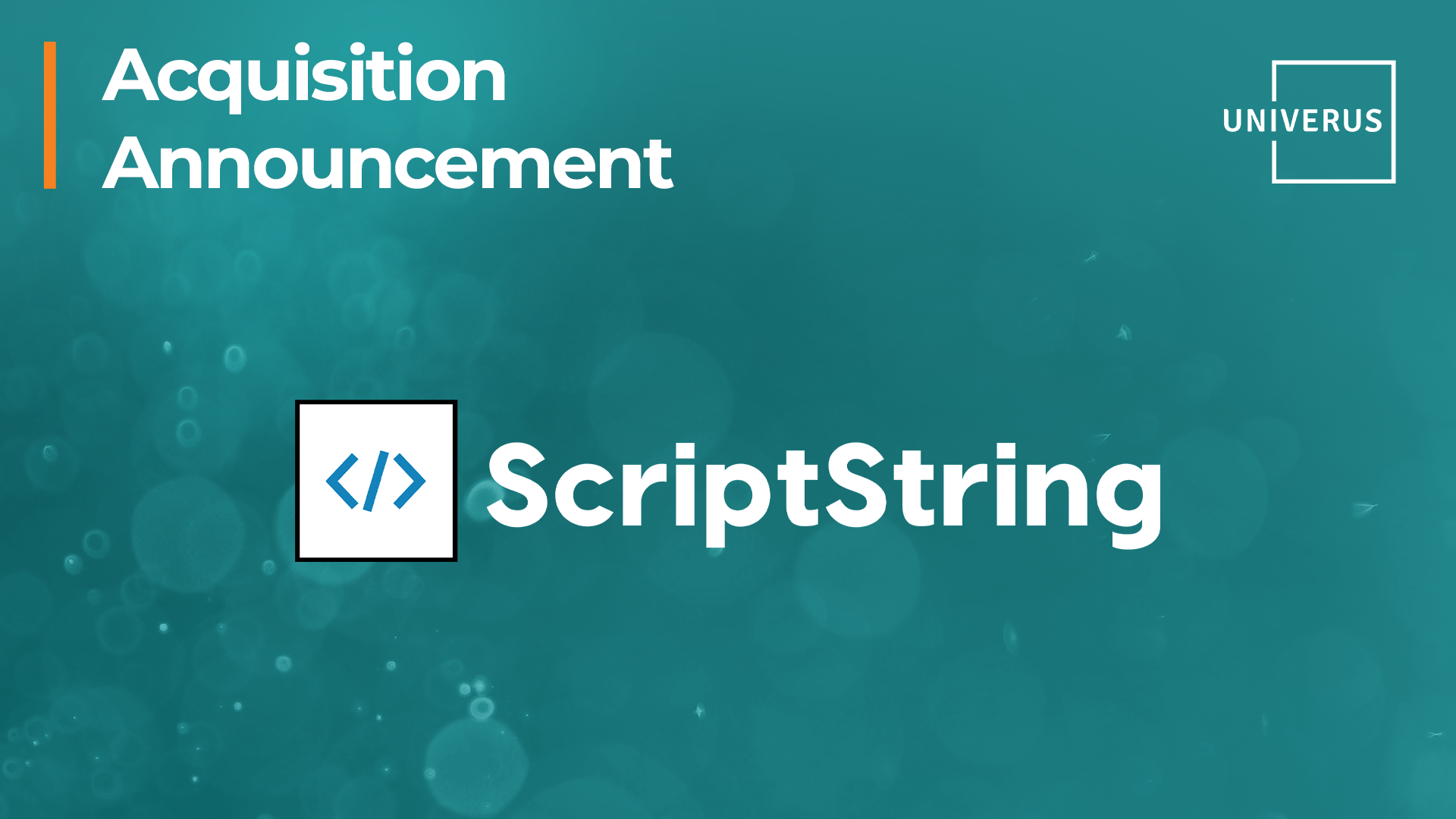Today’s global sustainability challenges are becoming worse. Last week, the world had its hottest day on record broken three days in a row. Companies around the world trying to address these challenges have turned to employees to do the hard work to help them make an impact and get on a path to a more prosperous future.
Employees are the backbone of any business. Without them, your organization would simply crumble. When it comes to becoming more sustainable, however, certain factors need to be top of mind. As the issues we are facing today are not ones that everyone has learned to act on in their previous training, not every employee has the desired skill set and understanding to address them.
Year over year, the number of sustainability jobs available is growing substantially. The number of individuals with the skill set needed to fulfill these roles, however, is growing at a much slower rate.
Referred to as the sustainability skills gap, businesses are unable to hire talent that has the skills for sustainability-based roles. How should organizations approach this issue so they can improve their sustainability, even if the talent isn’t available?
Employee Excellence – Striving for Purpose
A Deloitte study found that 1 in 6 Gen Z and Millennials have changed jobs or sectors due to climate concerns, or plan to do so in the future. ESG or sustainability isn’t just something that organizations are choosing or forced to incorporate into their strategy today. It is also something that employees often want to see.
Employees that can find purpose in their work are three times more likely to stay in that job and often perform better. In roles where you are working towards becoming a more sustainable organization and making an impact in bettering the environmental, social, and governance aspects of your business, one can find a lot of purpose. Then why do so few individuals have training in these areas?
Like any skill, education, and training as well as working in a position can build sustainability skills. With the cost of education rising, the inability to complete programs while working full-time, and the inability to get a role in this area without the skills, there are many barriers to growing skills of this nature.
Sustainability is extremely cross-functional and should be treated that way, it can and should be ingrained in every role at your business. Of course, some roles will have a specific focus on certain ESG or sustainability matters, such as carbon accounting or diversity and inclusion. However, if you are striving for employee excellence in sustainability, you should strive for this throughout your full workforce not just hiring for specific roles.
Training Your Current Workforce
One way to close the sustainability skills gap is to incorporate these skills into your own training. Everyone can learn. If you hire an employee with transferrable skills in this area, such as problem-solving, data analysis, or communications skills for reporting, you can work with them to retrain them in sustainability matters to further these skills with a sustainability lens.
Microsoft has done research in this area and has been working with educational partners to develop and share new sustainability learning materials for business use. Ensuring every employee has the ability to learn about sustainability and incorporate it into their work will improve your employee’s excellence in sustainability. Whether making use of materials that are readily available, paying for industry training for employees, or working with learning partners to create training, this is a great option to upskill your workforce.
Make Use of Free Resources
Even those who have certain sustainability skills can continue to grow them to become even more competitive in this space. Ensure you are encouraging your employees to take advantage of free learning opportunities in the sustainability and ESG space to grow their knowledge.
From webinars to research done by leading organizations, there is a lot of information circulating. Encouraging them to take advantage of these opportunities can expand their knowledge and keep them up to date on the latest changes and requirements in this space. Make use of some of the free resources below:
- ScriptString blog posts and past webinars
- Sustainability Advantage – business tips and tools
- SDG Academy – courses on UN Sustainable Development Solutions
Look Outward for Assistance
If you need particular skills for your sustainability or ESG initiatives to flourish and cannot find employees to hire with particular expertise, look outside your business.
Sustainability consultants can be great to partner with to increase the understanding of sustainability within your business, grow a strategy, and set goals that you will be able to meet. They can be great to learn about for extra support and help your employees gain more of an understanding of where sustainability should play into their work.
As your employees take on new reporting endeavors related to ESG or sustainability, investing in software to aid them can improve their efficiency in this area as they learn new skills. ScriptStrings ESG and sustainability reporting platform can make reporting easier by preparing your data to speed up the processes. Giving your employees more time to understand the data and improve their understanding of concepts and goals to improve your ESG or sustainability performance.
As well, improving your processes with technology such as ours will enable your smaller team to do more meaningful work. You won’t have to hire additional analysts to prepare your data once you automate this process.
Encourage Employee Excellence by Incorporating Sustainability
The truth is, for many companies, sustainability or ESG are newer concepts being incorporated into many businesses. For a lot of employees, they are newer as well.
Even though sustainability skills may not be as universal as wanted yet, there is an appetite for employees to get on board. Giving your current employees a chance to learn and develop these skills could be the fix to the sustainability skills gap and allow them to achieve excellence by finding purpose in their work!

